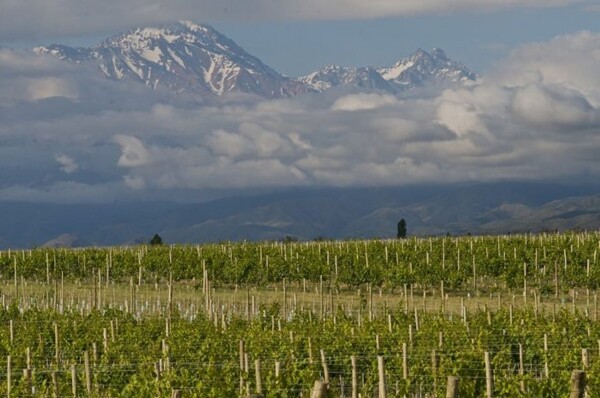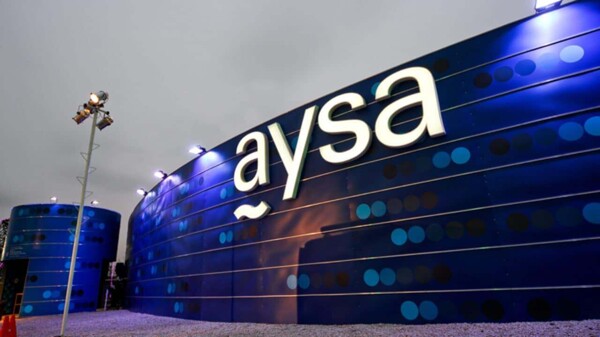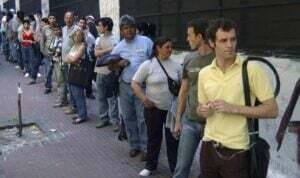
The growth of the extension in Mendoza has brought with it a notable deterioration of environmental conditions and increased exposure to risk from natural threats, as explained by architect González. This uncontrolled growth is hindering public works and reducing the necessary investments to prevent catastrophic situations similar to those that occurred in Bahía Blanca.
In González's words, maintaining the current transportation system without intervention in public works in the metropolitan area could cause significant environmental damage and exacerbate social inequalities due to limited access to basic infrastructure and essential services such as water, electricity, gas, education, transportation, security, and health. It is necessary to promote investment in infrastructure to improve the quality of life for the population and promote sustainable development in Mendoza.
The expert mentioned that the tragedy of a flood that occurred in 1970 in Mendoza, which left 24 dead and considerable material losses, should be remembered to avoid similar situations in the future. Furthermore, he pointed out that the excessive growth of the urban footprint in the Metropolitan Area of Mendoza has led to a centralization of services in vulnerable areas, limiting access to basic services for a large part of the population.
Governors often express their concern about the state of the roads and the lack of development in public works. Felipe González highlighted the importance of planning, financing, developing, and maintaining public works projects that promote sustainability and social inclusion in communities. Infrastructure is fundamental for the adequate and efficient development of a State, allowing for economic growth, innovation, and investment in human capital.
In a landscape where public works are considered a key economic engine, González emphasized that investments in infrastructure drive economic growth, create new opportunities, and stimulate investment in technology. However, in Mendoza, the disorderly growth of urbanization has led to the indiscriminate occupation of fragile rural areas, which poses a serious environmental problem.
Meanwhile, at the national level, the government of Javier Milei advocates for reducing spending on public works, despite the evident need to improve infrastructure, as demonstrated recently by the tragedy in Bahía Blanca. In this context, it is crucial to promote investment in public works to ensure sustainable and equitable development in Mendoza and prevent future disasters.














